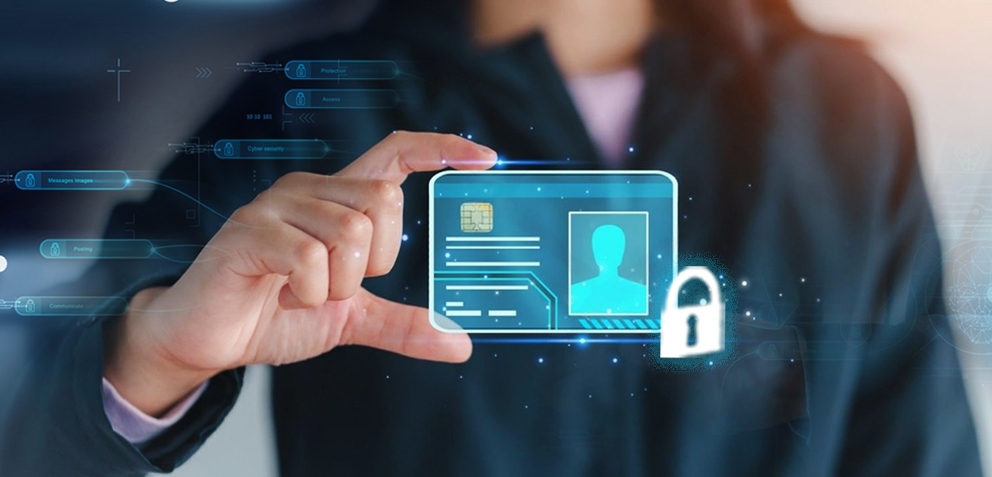Navigating the hidden corners of the internet comes with serious risks, especially when interacting with anonymous marketplaces like darkwebmarket.net. While these platforms operate on encrypted networks designed for privacy, users often overlook the steps needed to truly protect their identity. This article explores practical, research-based strategies to keep your information secure when accessing dark web sites—without relying on unsafe shortcuts or careless browsing habits.
Understanding the Privacy Risks on Dark Web Sites
Contrary to popular belief, the dark web is not automatically safe. Even encrypted networks can expose personal details if you’re not careful. Risks typically include:
- Tracking through browser misconfigurations
- Exposure of personal data through reused usernames or emails
- Malicious marketplaces or vendors
- Hidden malware embedded in downloads
- Accidental deanonymization caused by network leaks
Platforms such as darkwebmarket.net may provide layers of anonymity, but they cannot protect you if your own practices are weak.
Use a Secure Environment Before Accessing the Dark Web
Privacy starts long before you connect to a hidden service. You should always:
1. Use the TOR Browser Exclusively
The TOR browser is built for anonymity. Never attempt to use standard browsers that lack proper routing and encryption.
2. Isolate Your Activity
Consider using a separate device or a dedicated virtual machine (VM) to prevent cross-contamination between your regular identity and your anonymous profile.
3. Disable Scripts and Plugins
Scripts can reveal your IP or fingerprint your device. Ensure that scripts are disabled in TOR, especially when browsing sensitive marketplaces like darkwebmarket.net.
Protecting Your Personal Identity
Staying anonymous is essential. Here’s how:
1. Never Share Real Information
Avoid using real names, emails, or personal identifiers anywhere—whether in messages, marketplace accounts, or forum discussions.
2. Create Strong, Unique Aliases
Choose usernames that have no connection to your real-world identity. Use password managers to generate strong passwords.
3. Keep Consistent OpSec
Operational security (OpSec) means treating anonymous and real-life identities as completely separate worlds. This includes payment methods, communication channels, and data storage.
Secure Communication Practices
Your conversations can expose more than you think.
1. Use Encrypted Messaging
If a marketplace such as darkwebmarket.net offers PGP messaging, use it. Encryption prevents unwanted parties from reading your communications.
2. Avoid Direct File Exchanges
Files can contain trackers or hidden malware. Only open files when absolutely necessary and in a sandboxed environment.
Protecting Your Financial Information
Dark web markets commonly use cryptocurrency, but anonymity isn’t guaranteed.
1. Use Privacy-Focused Coins
Certain cryptocurrencies provide stronger anonymity than others. Research privacy coins before using them.
2. Never Buy Crypto From Accounts Linked to You
Purchasing cryptocurrency through verified exchanges connects transactions back to your identity.
3. Use Mixers or Tumblers
These services break the traceability of crypto transactions, helping protect financial anonymity.
Avoiding Scams and Malicious Marketplaces
Not all dark web marketplaces are trustworthy. Some exist solely to steal information or funds.
1. Check Community Feedback
Forums and user reviews offer insight into whether a site like darkwebmarket.net is active, legitimate, or showing signs of exit scams.
2. Beware of Cloned Market Sites
Criminals often create convincing replicas of real marketplaces to capture login information. Always verify URLs through trusted channels.
Stay Updated and Educated
The dark web evolves rapidly, as do surveillance techniques and cyber threats. Make it a habit to:
- Stay informed about new privacy tools
- Follow cybersecurity experts
- Remove outdated software
- Practice regular device hygiene
Conclusion
Protecting your identity on the dark web requires discipline and awareness. While platforms such as darkwebmarket.net operate within a privacy-focused environment, your personal safety ultimately depends on your own OpSec practices. By using proper tools, maintaining anonymity, securing communications, and understanding financial risks, you can greatly reduce your exposure to threats and keep your information private.

